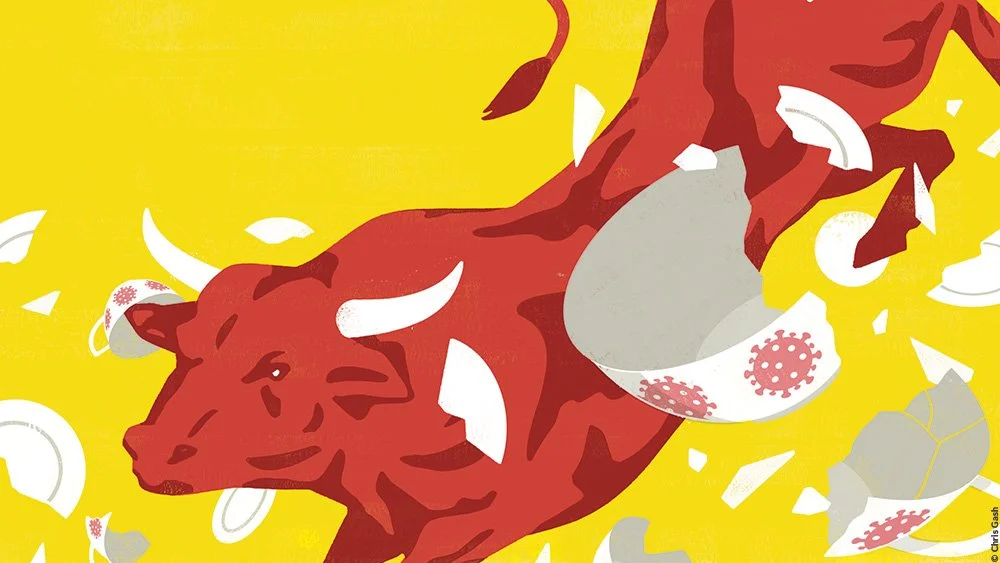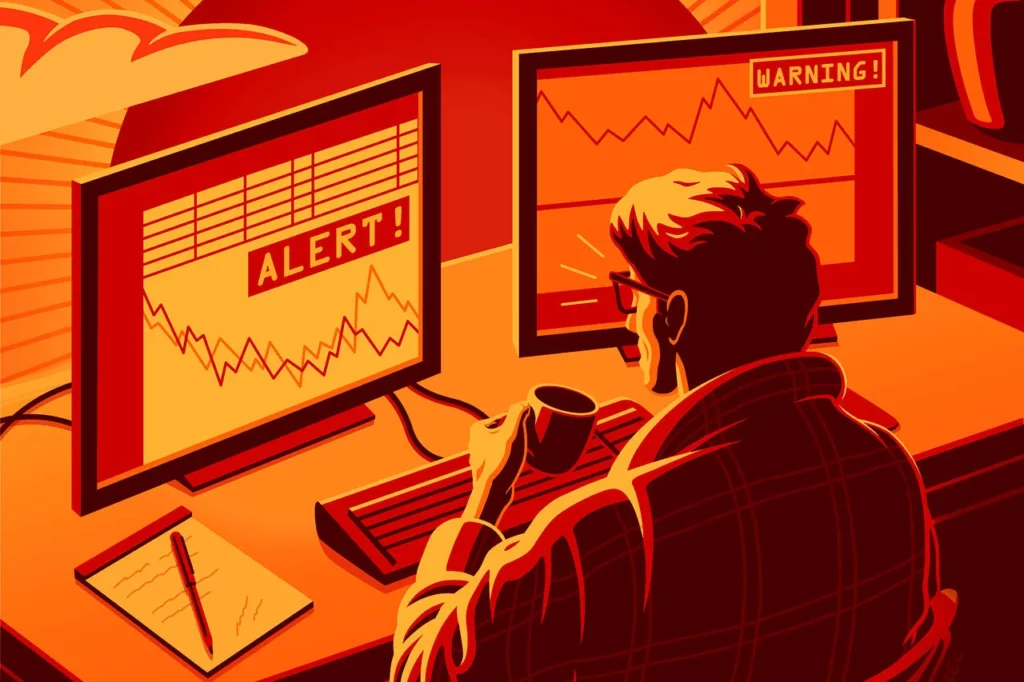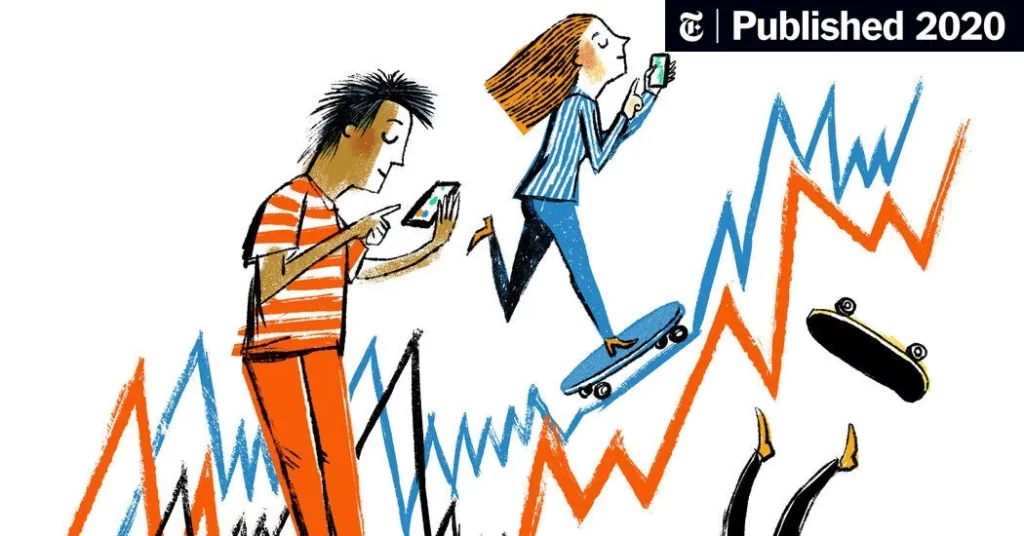Psychology and Risk Management
• What to expect
• Risks
• Position sizing
• illusion of control
• Accepting critisism
• Paralyzed by fear
• Loss is a feedback, not a failure
• The flexible trader
• Focusing on the positive
• Short straddle
• The dynamics of greed
• The herd mentality
• Notes
Rohan feels let down by his life. He sees his existence as a consolation prize, a series of compromises that ultimately fall short of what he wants. He longs to be wealthier. He has a fantasy that all of his problems might be resolved if he can make significant trading profits. I’ll get the admiration and acceptance I’ve always desired. Maybe I’ll meet an interesting, brand-new person who will fulfil all my demands for love and contentment. If only I could generate enough revenue to cover all of my expenses.
Ever had a rohan-like feeling? Have you ever fantasised about experiencing a string of enormous successes and having all your issues resolved? Even if it’s fun to periodically imagine that you’ll make a few million dollars trading the markets, it’s doubtful that this will actually happen. Without enough investment capital and in the majority of market conditions, it is difficult to make that type of money. That way of thinking will ultimately make you discouraged. It is imperative that you recognise these poor ideas and create more reasonable and achievable objectives.

In setting goals, it’s important to have realistic expectations. Trying to make huge profits quickly is unrealistic; modest goals are more realistic, and thus, more satisfying. Yet most novice traders reject modest, achievable goals for ones they can’t possibly achieve. Since their expectations are often unrealistic, they fail quickly, feel disappointed, and just give up. Examples of unrealistic goals are trading with an insufficiently funded account that can’t possibly cover drawdowns or fees and commissions. They may also trade with unreliable trading strategies and expect to make a profit even as new market conditions make their methods obsolete. It’s not only impossible to achieve unrealistic goals, it creates a great deal of stress, which itself can produce trading errors. Setting more realistic expectations eases some of the pressure and helps you build up sound trading skills.
A common misconception among new traders is how long it takes to build a profitable business. For instance, many believe they can trade profitably in a matter of months, when experienced traders stress that such consistently lucrative trading may take several years. And achieving it is difficult. Although it takes a herculean effort, many inexperienced traders believe it only requires a little. For instance, individuals could believe that treating trading more like a pastime than a professional business will allow them to trade profitably. They overestimate how competent they are. They have an overly confident belief in their own abilities and skills, which they do not yet possess. Never underestimate a person’s propensity for arrogance.
Finally, it’s crucial to keep your expectations realistic. Novice traders, like Stan, who hopes to find happiness through trading, believe they will make more money than they can reasonably expect, or that when they make significant gains, all of their issues will be resolved. They could think that their partners will adore them more (or they will find the ideal romantic partner). They are confident that they will receive the respect and acclaim they have been seeking their entire lives. But these hopes hardly ever come true. And even when they do, one’s expectations aren’t met. Trying to motivate oneself by daydreaming about these prospective benefits is probably going to fail in the end. By setting attainable goals, you’ll be the only one who succeeds in being profitable.









